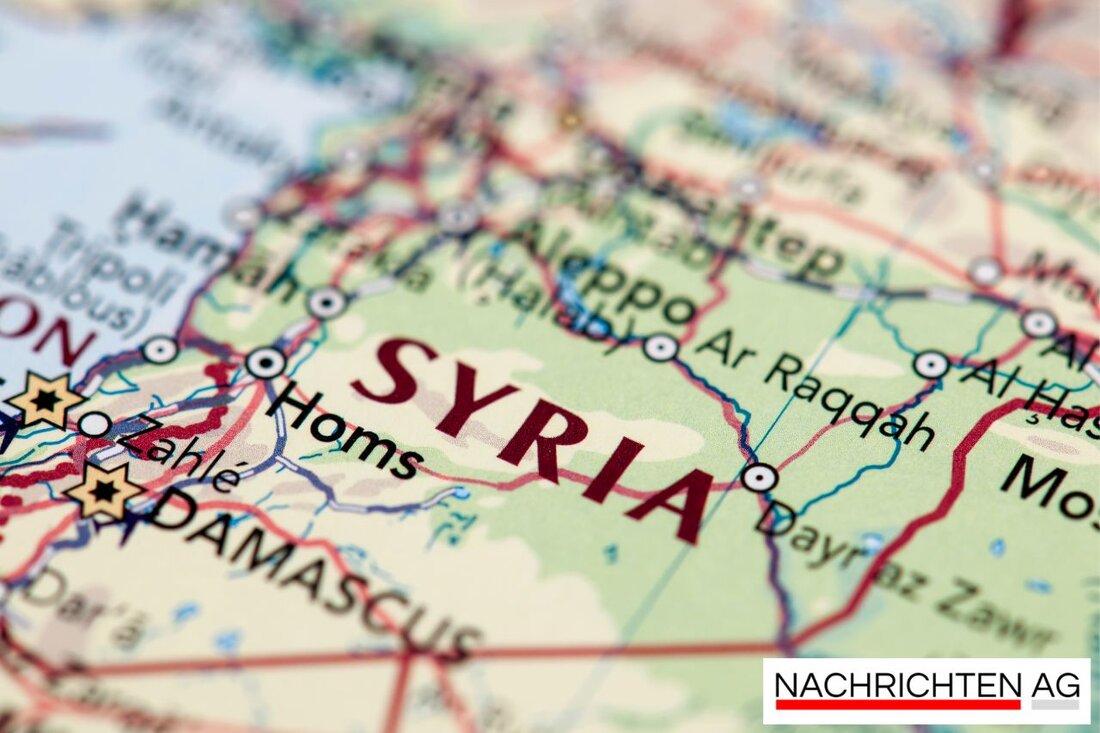Berlin is pulling hard: Significantly more deportations in 2025!
Berlin will see a 56% increase in deportations in 2025. The CDU praises the measures, while the SPD warns.

Berlin is pulling hard: Significantly more deportations in 2025!
The black-red Senate in Berlin significantly increased the pace of deportations in the first half of 2025. Loud daily news 804 people were deported, an increase of 56% compared to the previous year. Most of these returns took place via charter flights, and people from Moldova (307), Georgia (154) and Serbia (47) were particularly well represented. Deportees from Turkey (39), Bosnia and Herzegovina (27) and Afghanistan (21) were also included in the statistics.
On the political stage, CDU parliamentary group leader Dirk Stettner said he was pleased with the numbers and announced that he would take further measures. “Over 1,600 returns” are forecast for the entire year 2025, which would be the highest number since 2017. The SPD, on the other hand, reacted rather cautiously. Migration policy spokesman Orkan Özdemir found it less than pleasing that many people are being deported. He also criticized the CDU's moves to demand punishment for refugee activists who pass on information about impending deportations.
Current situation of return policy
The situation is influenced by the legal framework, which clearly states that return and deportation are political priorities. The BAMF highlights that return policy is also shaped by EU regulations that require Member States to issue return decisions. In Germany, the EU Return Directive was implemented in 2011, which lays down the legal basis for the obligation to return. The following applies: Voluntary return has priority over forced deportation.
According to the interior administration, there are currently around 2,400 people living in Berlin who are required to leave the country immediately. In total, more than 15,000 people have humanitarian toleration, which, however, does not grant permanent residence status. These laws have increasingly become the focus of political debates in recent years. Although the Basic Law protects the right to asylum, reasons for fleeing such as war or civil war are not always recognized as a sufficient reason to be allowed to stay in Germany.
Historical review and controversies
A look at the past shows that Germany has a lot to work through when it comes to refugee policy. The discussion about protected status, especially for people from war-torn countries such as Syria, Iraq and Afghanistan, was and is often heated. Before 2013, there was no legal right to temporary protection for war refugees in Germany, which was criticized by many as a “protection gap”. Even after the Dayton Agreement in 1995, when there was a large influx of people seeking protection from Bosnia-Herzegovina, many applications were rejected.
At the time, the return measures were often criticized as inadequate because security concerns in the home countries and a lack of social ties prevented implementation. Politicians are currently discussing the effectiveness of the return programs and the necessary reforms in migration policy.
The issue of repatriation and deportation therefore remains a hot topic that is not only a topic of discussion in Berlin, but also affects all of Germany. To what extent the political landscape will change here remains to be seen - but one thing is certain: there is still a lot to be done in the debate about refugee rights and return policy.

 Suche
Suche
 Mein Konto
Mein Konto